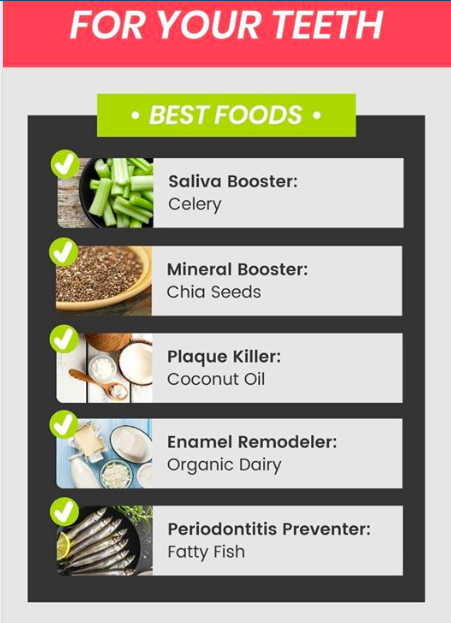SHARES

What is tooth decay, dental caries, tooth cavities?
Tooth decay, dental caries, tooth cavities mean the same. According to WHO, tooth decay or dental caries is a major public health problem globally. It can result in disrupting your eating and sleeping. Furthermore, tooth decay, dental caries and tooth cavities can also lead to pain and long-term infection that affects the entire body if left untreated.
How does tooth decay happen?
Dental caries is caused by bacteria which form sticky film called plaque on the tooth. These bacteria produce acids from food we eat, especially food high in sugar and carbohydrate. The acids then dissolve the minerals in the tooth’s enamel (the outermost hardest layer of the tooth). Eventually, these become cavities as the decays begin to destroy the softer inner layer.
At more severe stage of dental caries, bacteria continue to grow and produce acid which will eventually reach the inner part of the tooth where the blood supply and nerve fibers are. Moreover, cracks, pits or grooves in the back teeth, parts between teeth, around dental fillings or dentures and near the gum line are also more prone to tooth decay, dental caries, tooth cavities
What are the symptoms of tooth decay?
Early decay may not present with any symptoms. When the decay has progressed through the superficial layer of the tooth, there may be increased sensitivity towards sweet, hot or cold foods or drinks. One may experience sharp or dull-like pain if a decay becomes worse.
How to prevent tooth decay?
Dental decay is a process and if detected early can be stopped or even reversed (remineralisation). Therefore, follow these simple tips below to prevent tooth decay:
- Brush your teeth twice daily with fluoride toothpaste.
- Clean the spaces between your teeth using a floss or interdental cleaner daily to remove food debris.
- Regular dental visits for professional examination and cleanings.
- Sugar free gums which contains xylitol can help to decrease bacterial growth and stimulate saliva for cleansing of the oral cavity after food intake.
- Eat balanced, nutritious and less sugary meals. Also, reduce the frequency of snacking.

What are the treatments of dental caries?
Firstly, your dentist will carry out examinations to determine if there is any cavity or x-rays to show the progression of the decay. Dental caries detected at earlier stages can be reversed as early caries have not eroded through the enamel. Besides that, dentists may use supplemental fluoride to help reverse early caries. Fluoride helps to increase the strength of the tooth and allow self-repair naturally.
Image source: https://www.news-medical.net/health/Dental-Filling-Procedure.aspx
If tooth decay has progressed into a larger cavity, the standard treatment is to fill the tooth. The decayed area is removed, and the cavity is filled with filling materials such as tooth-coloured materials (composites) or silver fillings (dental amalgam).
In conclusion, it is important to detect dental caries early. If left untreated, tooth decay may lead to larger tooth cavities, more severe problem and irreversible damage. Hence, this situation may compromise the overall health and long-term prognosis of the tooth.
References
- Dental Diseases and Oral Health. [Fact Sheet] [cited 2018 Nov 21] Available from:
http://www.who.int/oral_health/publications/en/orh_fact_sheet.pdf
- Sugars and Dental Caries. [Internet] [cited 2018 Nov 21] Available from:
http://www.who.int/oral_health/publications/sugars-dental-caries-keyfacts/en/
- Dental Caries (Cavities). [Internet] [cited 2018 Nov 21] Available from:
https://www.colgate.com/en-us/oral-health/conditions/cavities/dental-caries-cavities
- Tooth Decay. [Internet] [cited 2018 Nov 21] Available from:
https://www.mouthhealthy.org/en/az-topics/d/decay
If you would like to make an appointment with a Dental Surgeon:
Find a Dental Surgeon in Malaysia, on GetDoc
Find a dental surgeon in Singapore, on GetDoc
by Soh May Leng
Born and raised in Malaysia, May Leng obtained her Bachelor of Dental Surgery from the University of Otago, New Zealand. She has joined the GetDoc team to relay valuable health information to the public. Staying active plays a big part in her daily life especially through outdoor sports such as running and swimming. She also enjoys travelling and has a passion for photography. View all articles by Soh May Leng.







